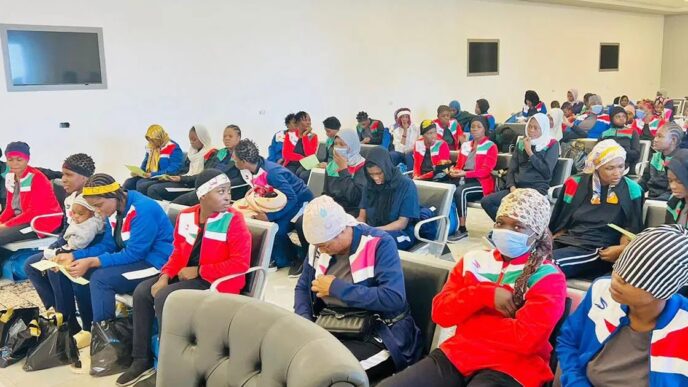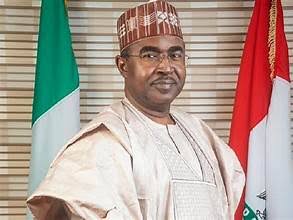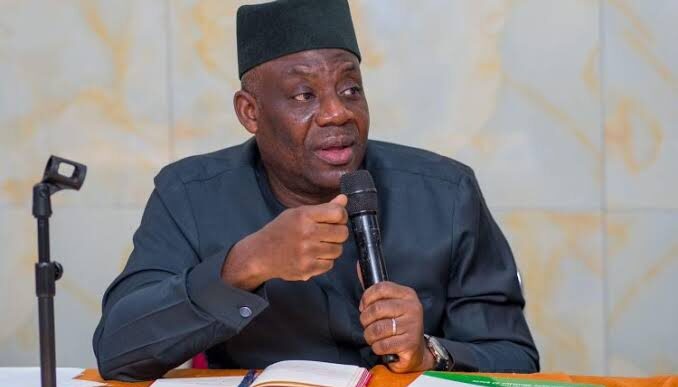The Nigerian Midstream and Downstream Petroleum Regulatory Authority (NMDPRA) has halted the planned 15% import duty on petrol and diesel.
The announcement, made through the agency’s Director of Public Affairs, George Ene-Ita, has stirred surprise across the energy sector.
The policy shift comes amid growing concern over possible increases in fuel prices and the economic strain on consumers.
Many Nigerians had feared that implementing the duty would raise pump prices and worsen the current hardship.
However, the regulatory authority assured citizens that there is no cause for panic or speculation.
According to Ene-Ita, “The Authority wishes to assure the public that there is adequate supply of petroleum products in the country within acceptable national sufficiency levels.”
He added that supplies from both local refineries and imports remain stable and capable of meeting current demand.
The NMDPRA also urged against panic buying or hoarding, warning that such actions could disrupt the steady supply chain.
Moreover, the agency emphasized that the decision to suspend the levy was in the interest of energy stability and consumer protection.

Earlier this year, the Federal Inland Revenue Service (FIRS) had suggested the 15% import duty on petrol and diesel to encourage local refining and reduce dependence on imported fuels.
While some argued that it would support domestic refiners, others warned that it could trigger inflation and burden consumers already grappling with high living costs.
Furthermore, the policy had been seen as a potential catalyst for investment in local refineries, particularly as the Dangote Refinery ramps up operations.
However, with the suspension, the government appears to have prioritized immediate consumer relief over long-term industrial incentives.
Although the NMDPRA did not provide reasons for the policy reversal, its assurance of continued monitoring and supply stability has brought some relief to the market.
The agency reiterated that fuel availability across depots and filling stations remains within healthy levels.
Therefore, while the suspension may come as a surprise, it underscores the government’s focus on maintaining stability in the downstream sector.












